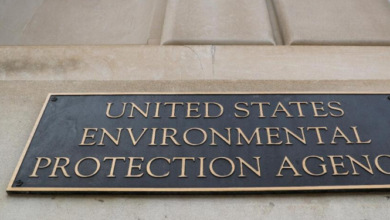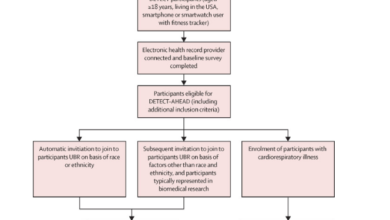Residents of New York State Advised to Brace for Triple Health Threats in 2024

As 2024 unfolds, New Yorkers are being cautioned to remain Brace for Triple Health vigilant against the concurrent threats of COVID, the flu, and RSV, as all three potentially lethal viruses continue to circulate across the state. Dr. James McDonald, the New York State Health Commissioner, emphasizes the importance of vaccination, pointing out available vaccines for COVID, RSV, and influenza.
The Centers for Disease Brace for Triple Health Control and Prevention (CDC) anticipates the impact of COVID-19, RSV, and influenza on the New York healthcare system throughout 2024, similar to the challenges faced in the preceding fall and winter.
Brace for Triple Health
With the convergence of these viruses during the colder seasons, the strain on healthcare facilities is expected to intensify, emphasizing the need for proactive measures.
The New York State Department of Brace for Triple Health classifies the flu as “widespread,” marking the fifth consecutive report acknowledging its prevalence. Governor Kathy Hochul acknowledges the increase in flu cases, now categorized as prevalent in the state, urging residents to stay informed and take necessary precautions.
In addition to these familiar health concerns, a new COVID variant, JN.1, has been confirmed by the CDC, stemming from the Omicron lineage and believed to be more contagious than its predecessors. As multiple illnesses surge in the state, the report outlines various common winter ailments, their symptoms, and preventive measures.
The list includes the common cold, seasonal flu, COVID-19, RSV, sinus infections, strep throat, pink eye, stomach bugs, bronchitis, and pneumonia. Each illness is accompanied by its symptoms and recommended preventive actions, offering a comprehensive guide for New Yorkers to navigate the winter health landscape.
As the state braces for a “tripledemic” in 2024, residents are encouraged to stay informed, prioritize vaccination, and adopt preventive practices to mitigate the impact of these widespread health challenges.




